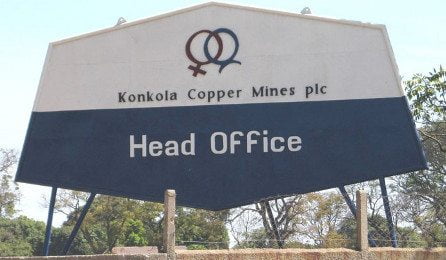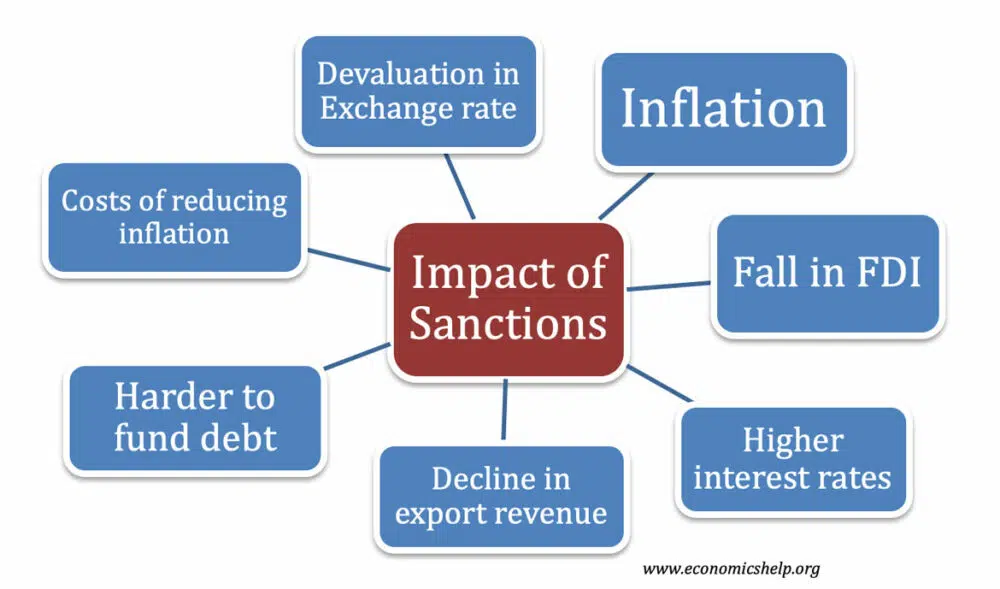It is normally believed that people suffer from infantile (childhood) amnesia.
This is the inability of adults to retrieve memories of situations or events
before the age of 2 to 4 years, as well as the period before the age of 10 of
which some adults retain fewer memories than might otherwise be expected given
the passage of time. The development of a cognitive self is also thought by
some to have an effect on encoding and storing early memories.
What is normally believed is not always true, however.
I have a clear recollection of the happenings in and around my life from
the moment that ugly lady punched me for no apparent reason. I busted out
crying to the amusement of everyone in the room. I kept wondering what type of
a gladiatorial show this was which didn’t have the decency to tell me of the
rules of combat save to this lady who had already attacked me. I calmed down
when she stopped attacking and with the precision of an orchestra artist, mother
stuffed my mouth with her breast. Muffling all my screams. Yuck!
From the conversation I would pick after my screams, the baby punching
lady was a member of an exclusive group of traditional birth attendants who were
preferred not only because they were the only option around, but also because their
payment was result based and did not ask for payment before attending to the
women. They also respected and enforced the prevailing traditional customs, for
example, placental rites.
I was born on 30 June 1990 from a humble (to read as poor) family in Malikila
village of Sikongo, a district that sits on the Zambian border with Angola. My father,
Imuunga Kufekisa, had a polygamous relationship with both Christianity and traditional
beliefs, and mother, Namakau Sitali, was a staunch New Apostolic Church member.
Because of the happenings in Zambia’s late 1980s, my name was already decided
on immediately elders knew of Namakau’s pregnancy. I will be called Nalishebo,
one born during famine.
On the day following my birth, the atmosphere was tense in the hut I had
spent my first night on earth. This is because an army officer identifying
himself as Lieutenant Mwamba Luchembe intermittently broke into the soft music
broadcast of ZNBC radio station for about 3 hours, from 3:30 AM to about 6:30 AM,
saying the army had taken over the running of the country due riots of the
previous week, in which at least 27 people had been killed and more than 100
wounded.
To the relief of everyone in the room, at about 9:15 AM, Grey Zulu, the then
UNIP General Secretary, announced on the same radio that the Government was
back in control and the coup attempt by an undisciplined army officer had been
squashed.
What a grandiose welcome this world had given me: got punched on day 1 and survive
a coup attempt on day 2. I was looking forward to what was in store on day 3. A
planet killer asteroid hitting the earth, maybe?
To my disillusionment, the next 12 months of my life lacked any noteworthy
action apart from occasional visits from Malikila people coming with presents
to worship and bless me, punctuated with likutas as if I was some kind
of a pedestal. I loved it.
When I was 14 months old on 31 August 1991, a new constitution was adopted
in Zambia confirming the end of the one-party state. 2 months later in October
1991, a general election would be held which secured a landslide victory for
the MMD who won the presidency and got 125 parliamentary seats, against UNIP's
25. I was treated to a front row seat for watching change in the Zambian political space and high drama interactions of the often eccentric family members.
As most people were celebrating this political change, I had suffered
from a strange disease; it was believed that if a child suffers from such
related diseases, the mother was the causer. This is because such diseases were
believed to occur to children who had breastfed from a pregnant mother. Therefore,
if death resulted in such cases the mother was definitely the killer of her own
child.
My sickness become a talk in Malikila village amongst the women and
among men. Hence the old women of the village prepared a concoction and passed
it to Imuunga, one would be for Namakau and the other for me. I was forced to
drink my portion, but Namakau vehemently refused to drink hers. Imuunga felt the
embarrassment more and he called for old women to talk to Namakau. These used
all their kitchen tactics to make Namakau confess that she was pregnant.
They encouraged her to use herbs as they believed that these could help
to subdue my complications. They had used the same modus operandi when she
was pregnant to – as they belief was – precipitate labour and widened her birth
canal. In Malikila, complications occurring during labour were attributed to
witchcraft or punishment for misdeeds committed by the pregnant woman.
Did you observe the beliefs on diet? Did you eat eggs during pregnancy? Did
you avoid salt intake until the cord stump of the baby has healed? Did you eat
sugarcane during pregnancy? Did you sleep around or looked at a man lustfully? Did
you……..?
It was an endless interrogation.
Namakau could not budge to the schemes of the old women. Imuunga tried
to talk to his wife emphasizing their need for traditional medical help, the
thing which Namakau refused again citing that God is the greatest healer and
that God was going to heal her son, me. What a stubborn woman, like a mule.
Imuunga’s elasticity on matters of religion made things even worse for Namakau
as he even reached a point of chasing her from their matrimonial house for insubordinations.
But such an action would be a humiliation to only to her, but him and his
family as well. He decided otherwise.
Namakau, these things happen. I
remember my third pregnancy took time to be noticed. I didn’t know that I’m
pregnant until the sixth month, said Monde.
Monde was the youngest in this circle of counsellors and the only reason
why she was involved is that she was Namakau’s best friend. The elder women
thought her presence and recollections would help Namakau into confessing. They
grew up together, went through Sikenge together after attaining Mwalanjo, had the same Chilombola, danced siyomboka together and got
married the same day.
When a girl reaches
puberty, Sikenge as it commonly called, they take them to a secret house
where they were taught how to take care of a house, a husband, and children.
The training would go on even for 3 months. And at the end of it, a celebration
was held where the girls display some ‘skills’ they had learnt. Towards the end
of the ‘display’ a man, who had been pre-organized would come, lift the girl
from the podium and run with her to his house. This is marriage. And the
celebrations will go on until the next day where the husband will produce
evidence to confirm that the girl was a virgin. Evidence admissible hen
charging the bride price.
Marriages in these parts were purely arranged. The two individuals
concerned had absolutely no part to play besides showing up and doing as they
are told.
During all this hullaballoo, my disease disappeared as quickly as it
came. My childhood development pathway was seamlessly aligned to suit the
expectation. Namakau was left alone, and Imuunga continued being a father, the
only way he knew how.
And since children in those parts spent a lot of time with their
mothers, I was founded on what Namakau taught me. Mothers considers children up
to 10 years the apple of their eyes. That milieu influenced me very much, no
wonder by the time I was detaching myself from Namakau, I was a strong
Christian. And when I narrated my childhood recollections to my class during
elementary schooling, no one believed that anyone can vividly remember their
childhood events. In fact, the class teacher punished me for what he called ‘not
taking the assignment seriously’. Like Seriously?
TAKEWAY
Zambia adopted the World Health Organization (WHO) policy on child delivery which insists on professional maternal care, thus arbitrarily excluding traditional birth attendants (TBAs). Though such a policy is built on good intentions, the policy to ban TBAs is out of touch with local reality in Zambia. This is because, despite being outlawed, TBAs are still widely being used which presents a greater risk to both mothers and children since its snow shrouded in secrecy and confidentiality. Secondly, outlawing TBAs should have been done after strengthening the sexual reproductive, maternal, newborn, child, adolescent, and nutrition (SRMNCAH&N) services. Transportation problems, sociocultural reasons and unpreparedness still cause most women to turn to traditional birth attendants. Thirdly, professional maternal and childcare and traditional approaches shouldn’t be mutually exclusive. Traditional birth attendants should not have been excluded from safe motherhood programs but should have had redefine responsibilities and functions.


